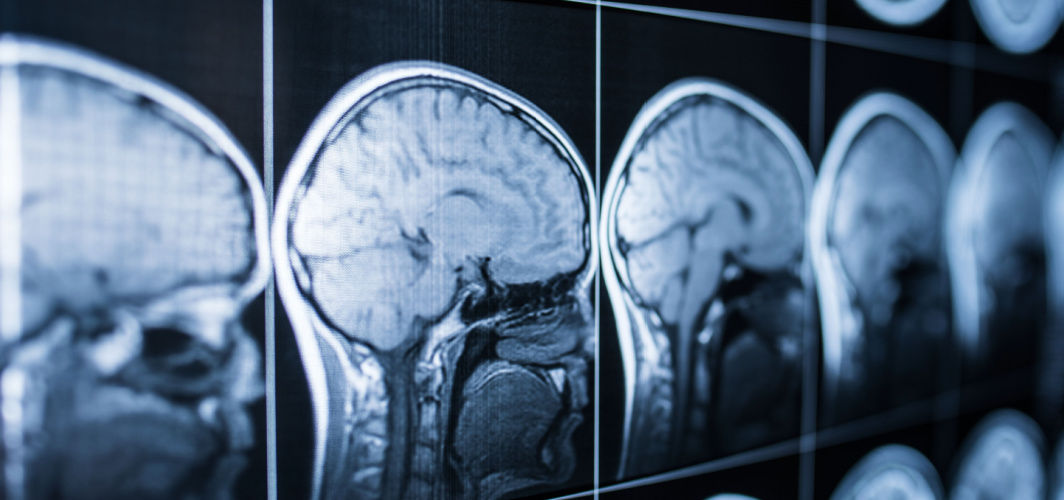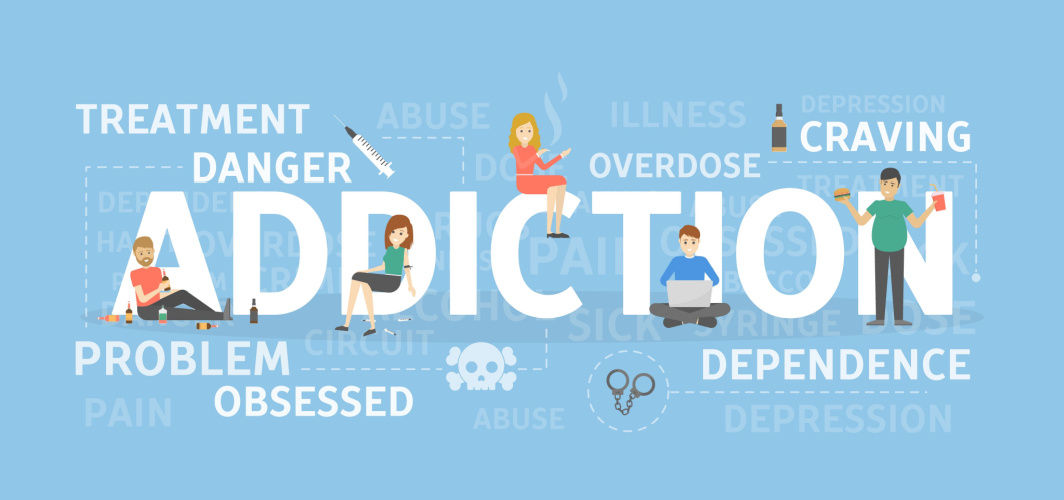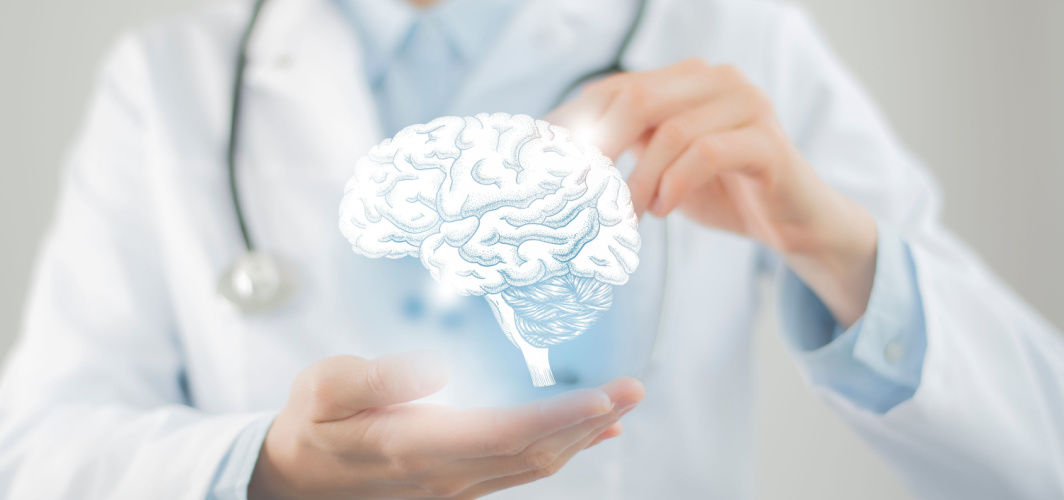Neurology
Blood Clot In Brain: Causes, Symtoms, Surgery, Treatment, Recovery
4 min read
By Apollo 24|7, Published on - 29 May 2023, Updated on - 07 August 2024
Share this article
0
0 like

The formation of a clot in the brain is an uncommon event, which if left undiagnosed, can be fatal. Cerebral venous sinus thrombosis (CVST) (the medical term for blood clot formation in the brain) puts pressure on the blood vessels, causing the brain to swell and bleed, thereby increasing the risk of stroke. Notably, a stroke can cause damage to the brain and the central nervous system and requires immediate medical attention. Let's know more about this condition and how it can be prevented.
Causes of Blood Clot in the Brain
There are several factors that can lead to the formation of a blood clot in the brain. These include:
1. Hypercoagulable Conditions
Certain medical conditions can increase the chances of developing blood clots in the brain. These conditions include thrombophilia (a condition where the blood has an increased tendency to clot), nephrotic syndrome (a kidney disorder), cancer, vasculitis (inflammation of blood vessels), sarcoidosis (an immune system condition), obesity, and liver disease.
2. Hormonal Factors
Hormonal changes in the body can also contribute to the risk of developing a blood clot in the brain. Pregnancy and the use of birth control pills can increase this risk.
3. Trauma
Trauma to the head or brain can disrupt blood vessels and lead to the formation of blood clots.
4. Infections
In rare cases, certain infections like COVID-19 can also increase the likelihood of blood clot development in the brain.
Symptoms of Blood Clot in the Brain
The symptoms of a blood clot in the brain can vary depending on the location and severity of the clot. Common symptoms include:
- Headache: Persistent headaches are a common early sign of CVST.
- Seizures: Seizures can occur when the clot affects the brain's electrical activity.
- Altered Mental Status: Blood clots can cause changes in mental status, including confusion, disorientation, or difficulty concentrating.
- Visual Problems: Vision loss or visual disturbances may occur if the clot affects the optic nerve.
- Haemorrhage: In some cases, a blood clot can lead to bleeding within the brain, resulting in symptoms such as sudden severe headache, weakness, or difficulty speaking.
Surgical Options for Blood Clot in the Brain
In severe cases of CVST, when there is a significant risk of complications, surgical intervention may be necessary. The following surgical options may be considered:
1. Thrombectomy
This procedure involves the removal of the blood clot using specialised tools and techniques. Thrombectomy is often performed when the clot is large or causing significant neurological deficits.
2. Craniotomy
In some instances, a craniotomy may be performed to access the clot and remove it. This procedure involves temporarily removing a part of the skull to access the brain.
Diagnosis of Blood Clot in the Brain
A variety of diagnostic tests can be employed to diagnose venous sinus thrombosis. These tests include:
- MRI scan
- CT scan
- Venography
- Angiography
- Ultrasound
- Blood tests
Treatment Approaches for Blood Clot in the Brain
The treatment of CVST aims to prevent further clotting, reduce the size of the existing clot, and manage associated complications. The following treatment approaches may be employed:
- Anticoagulant Medications: Anticoagulants, such as heparin and warfarin, are commonly prescribed to prevent further clot formation and promote clot resolution. These medications dilute the consistency of the blood and prevent clots from forming or getting larger.
- Thrombolytic Therapy: Thrombolytics, also known as clot-busting drugs, may sometimes be used to dissolve the blood clot quickly. This treatment is usually reserved for severe or life-threatening cases.
- Supportive Care: Supportive care measures may include pain management, seizure control, and close monitoring of vital signs. Intracranial pressure may also be managed with medications or medical procedures.
Recovery from Blood Clot in the Brain
The recovery process varies for each individual and depends on the extent of the clot, associated complications, and promptness of treatment. Here are some key points regarding recovery:
1. Medication Regimen: Individuals diagnosed with CVST may need to take anticoagulant medications, such as warfarin or direct oral anticoagulants, for several months or longer, depending on the underlying cause.
2. Rehabilitation: This therapy may be recommended to help regain lost skills and improve overall functioning. This may involve physical, occupational, or speech therapy.
3. Follow-Up Monitoring: Regular follow-up appointments with healthcare providers are essential to monitor recovery progress, adjust medications, and ensure no recurrent clots or complications.
4. Lifestyle Modifications: Making lifestyle changes, such as maintaining a healthy weight, staying physically active, quitting smoking (if applicable), and managing any underlying conditions, can help reduce the risk of future clot formation.
Conclusion
Suffering from a blood clot in the brain can be a painful and frightening experience. With surgical interventions, medications, and supportive care, those affected can experience significant improvement and lower their risk of future clot formation. Regular follow-up and lifestyle changes can also contribute to your long-term well-being and minimise the chances of recurrence. For more information -
Consult Apollo’s Expert Neurologist
Medically reviewed by Dr Sonia Bhatt.
Neurology
Consult Top Neurologists
View AllLeave Comment
Recommended for you

Neurology
10 Surprising Facts About Brain Stroke That You Didn't Know
Did you know a brain stroke can occur at any age and cause severe disability or death? Here are ten such startling facts that you must know about strokes!

Neurology
Five Most Bizarre Addictions That May Affect Your Health
Human beings are vulnerable to getting addicted to almost anything. The human brain releases chemicals that often associate bad habits with joy and happiness. This article highlights the top 5 weirdest addictions that can have an impact on your health.

Neurology
What Are The Early Signs Of Brain Cancer?
Discover the warning signs of brain cancer, and find out what steps you should take if you notice any of these signs.
Subscribe
Sign up for our free Health Library Daily Newsletter
Get doctor-approved health tips, news, and more.
Recommended for you

Neurology
10 Surprising Facts About Brain Stroke That You Didn't Know
Did you know a brain stroke can occur at any age and cause severe disability or death? Here are ten such startling facts that you must know about strokes!

Neurology
Five Most Bizarre Addictions That May Affect Your Health
Human beings are vulnerable to getting addicted to almost anything. The human brain releases chemicals that often associate bad habits with joy and happiness. This article highlights the top 5 weirdest addictions that can have an impact on your health.

Neurology
What Are The Early Signs Of Brain Cancer?
Discover the warning signs of brain cancer, and find out what steps you should take if you notice any of these signs.


